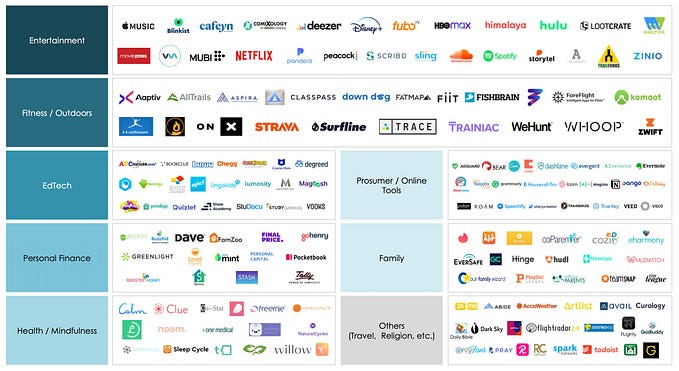Member-only story
Top compensation secrets for product managers
In part thirteen of this series, I want to help you negotiate effectively in compensation discussions as a product manager. Here is the previous post from this series.
In negotiations, “win-win is a belief in the Third Alternative. It’s not your way or my way; it’s a better way, a higher way.” — Stephen Covey, Author of The 7 Habits of Highly Effective People, (Source).
Learning how to negotiate your compensation well comes through experience, as well as trial and error. These are the most important lessons I have learned about negotiating compensation.
Compensation
Interviewing is half of the process. Negotiation is the other half. In order to have the right context for negotiation, you need to know how your compensation will be structured. I will focus on two core parts of compensation: salary and equity.
Salary
Compensation typically consists of salary, equity, and benefits. These numbers are always negotiable. There are also additional factors that can play a role such as bonus (quarterly or annual), sign-on bonuses, and promotion cycles.
Salary can be understood through knowing the compensation “bands.” When you ask a recruiter about the compensation band for a role, they will likely provide you a range — without you giving a number first. They will also know that you have done your homework. You need to understand the compensation band that the role fits into.
- You can ask: “What is the compensation band that is currently being offered for this role?”
- Recruiter: “Our budget for this role is $120k–$140k base. Our hiring manager can provide additional details on equity and other benefits.”
Your previous compensation should not hinder or prevent you from getting a role. It is often recommended that you do not give your current salary or total compensation before they tell you a number. You should ask as many questions as possible to gain context into what the company is willing to offer you.







